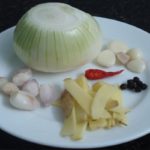Many families have the practice of storing food in the refrigerator. However, it is important to store them properly to ensure safety.
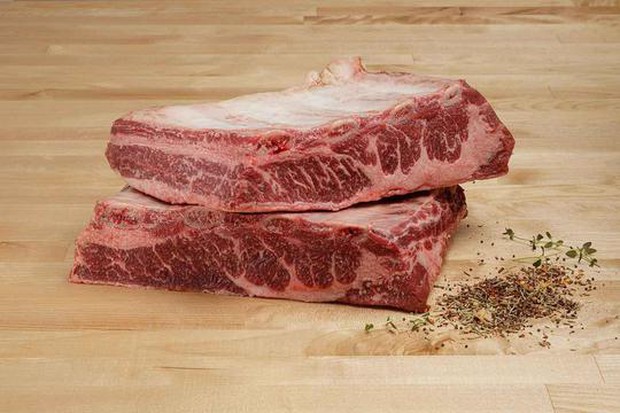
Only defrost meat and fish once
Only defrost meat and fish once: Before storing meat and fish in the refrigerator, it is important to wash and drain them properly. It is recommended to divide the reserved meat into small portions that can be used after defrosting once. This helps prevent bacterial growth caused by repeated temperature changes. Photo: Wiser Meats.
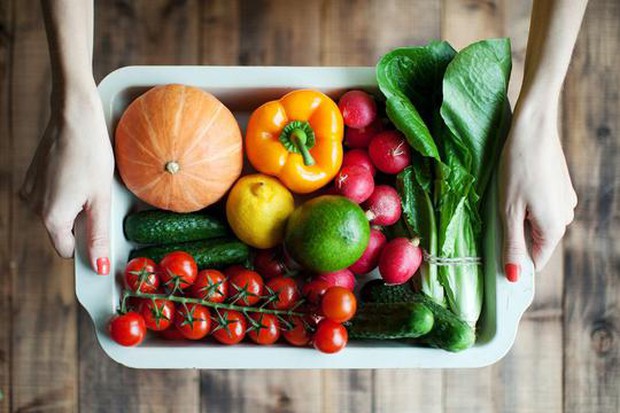
Keep fruits and vegetables separate
Keep fruits and vegetables separate: Certain fruits emit ethylene gas, which speeds up the ripening process and may cause spoilage of nearby stored vegetables. Moreover, some fruits can absorb odors from vegetables, resulting in a loss of freshness and flavor. Not all vegetables, tubers, and fruits are suitable for refrigeration. Apples, eggplants, garlic, ginger, tomatoes, peppers, potatoes, and more should be stored at room temperature in a well-ventilated area, away from direct sunlight. Photo: EatingWell.
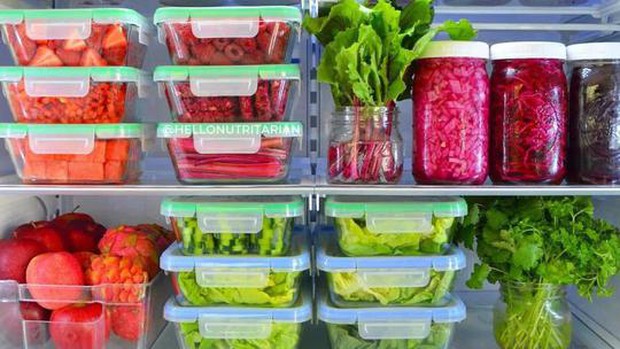
Don’t cram too much food
Do not overcrowd the refrigerator: It is important to avoid overloading the refrigerator to ensure that cold air can circulate evenly throughout. Overcrowding can lead to spoilage and waste, as well as adversely affect food safety. Photo: The Australian.
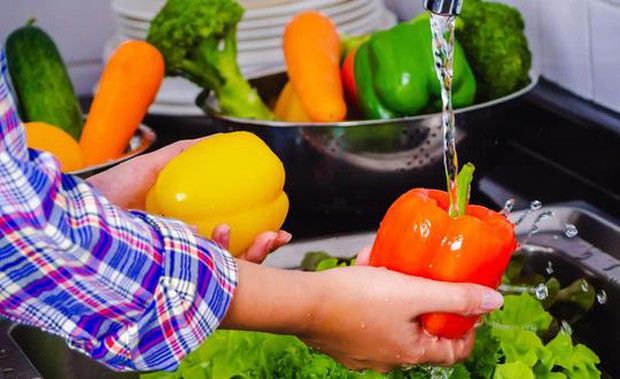
Avoid washing vegetables before storing
Avoid washing vegetables before storing: It is not recommended to wash tubers before placing them in the refrigerator as they can become waterlogged and promote mold growth. Instead, store vegetables in a lined container and cover with paper before closing the lid for long-lasting freshness. Photo: Live Science.
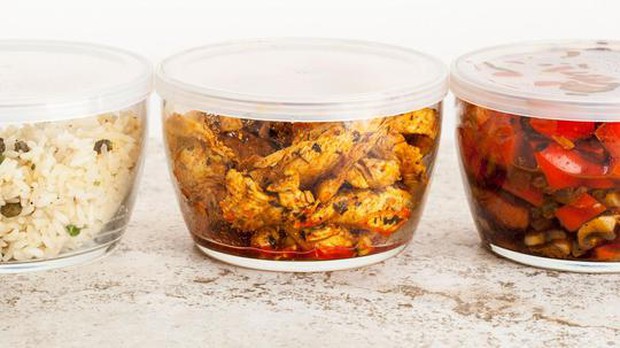
Mistakes when putting cold food in the refrigerator
Mistake of putting cold food in the refrigerator: According to Shelley Feist, executive director of the nonprofit Food Safety Education, leaving food at room temperature allows bacteria to multiply. Cooked food should not be left out for more than 2 hours. If you want to cool hot soup in the refrigerator, it is advisable to use a small, shallow container and cover it to prevent steam from escaping, which may affect the refrigerator’s performance. Photo: Healthline.
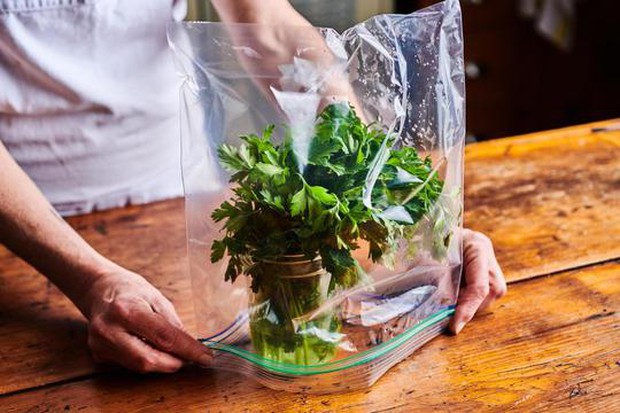
Soak the onion and cilantro in water
Soak the stalks of onions and cilantro in water: After cutting the roots, washing the stems and leaves, and drying them thoroughly with paper towels, place the vegetables in a partially submerged jar of water. Cover the top with a ziplock bag and refrigerate. It is recommended to change the water every 2-3 days to keep the vegetables fresh for 2-3 weeks. This preservation method takes up space in the refrigerator but is effective. Photo: Kitchn.
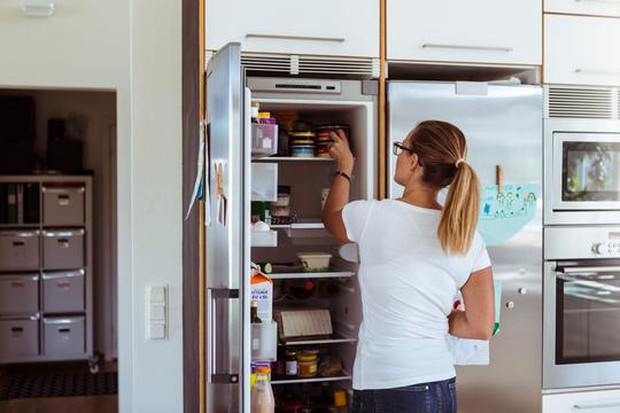
Smart fridge arrangement
Smart refrigerator organization: Place frequently used foods in the front for easy access, minimizing the frequency and duration of refrigerator door openings. It is also advisable to organize containers by size, placing smaller ones in front, to ensure unobstructed visibility when opening the refrigerator. Additionally, regular cleaning and inspection of the refrigerator should be performed weekly to detect and remove any spoiled food, preventing cross-contamination. Photo: MyRecipes.
What are the rules for storing food in the refrigerator?
– Store food in separate containers with lids or clean plastic bags.
– Keep raw food separate from cooked food.
– Raw foods that are not consumed the same day should be stored in the refrigerator. For longer storage, they should be kept in the freezer.
– Label frozen food with the name and storage date for easy management.
– When defrosting frozen food for cooking, it is advisable to thaw it in the refrigerator or use the defrost mode of the microwave.
– Do not leave raw food in the refrigerator for too long.
Foods that should not be stored in the refrigerator:
– Tomatoes: Low temperatures can cause tomatoes to become powdery.
– Onions: Onions can become moldy and affect the odor of other foods when stored in the refrigerator for too long.
– Bananas: Cold temperatures slow down the ripening process of bananas.
– Fresh herbs: Herbs can absorb odors and lose flavor when stored in the refrigerator. They also dry out quickly.
– Potatoes: Storing potatoes below 7 degrees Celsius can convert starch into sugar, resulting in nutrient loss.
– Garlic: Garlic is not suitable for cold temperatures as it can mold and spoil faster.
– Watermelon and melon: Cold temperatures reduce the antioxidants in these fruits, decreasing their nutritional value.
– Honey: Low temperatures thicken the sugar in honey and affect its taste, texture, and nutritional value.
– Bread: Bread can dry out and become moldy when stored in the refrigerator, especially if the refrigerator is not cleaned regularly.
More Useful Advice for Homemakers (Part 2)
Have you heard of the surprisingly easy tips to make cooking and household chores simpler? White radish eliminates the acrid taste of salted meat, adding alum to raw shrimp helps soften it, and adding cold water when frying eggs can make them crispy – these are just a few of the tricks to make your life easier.






























